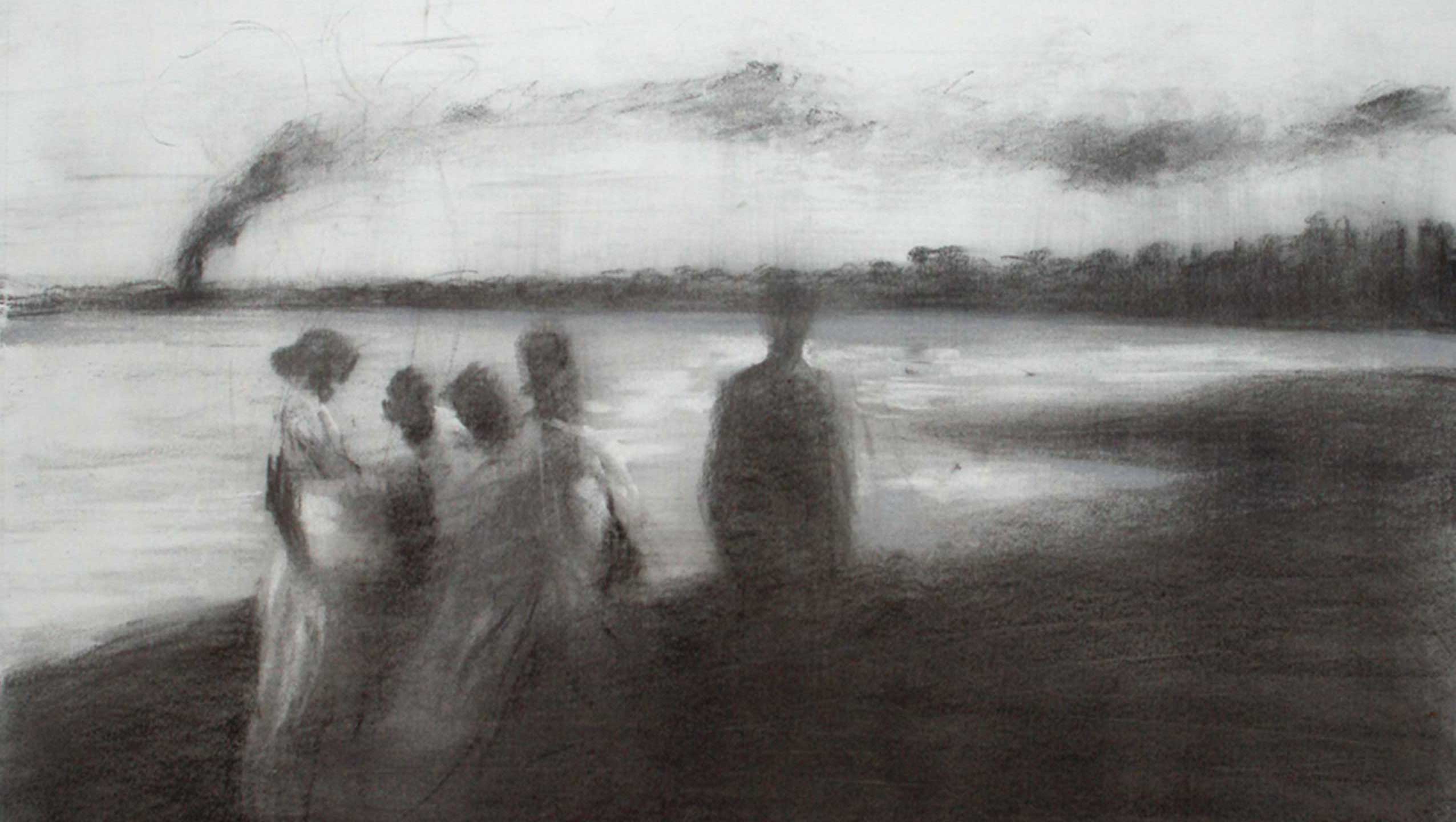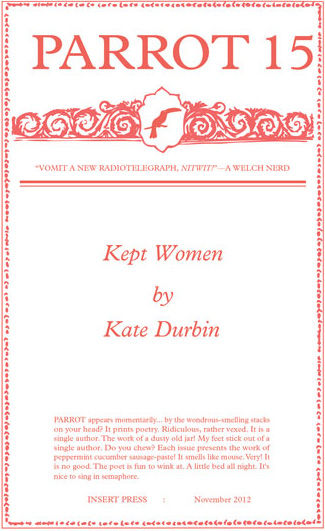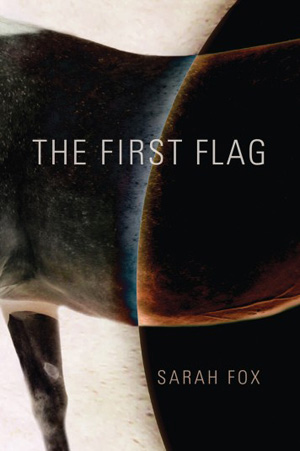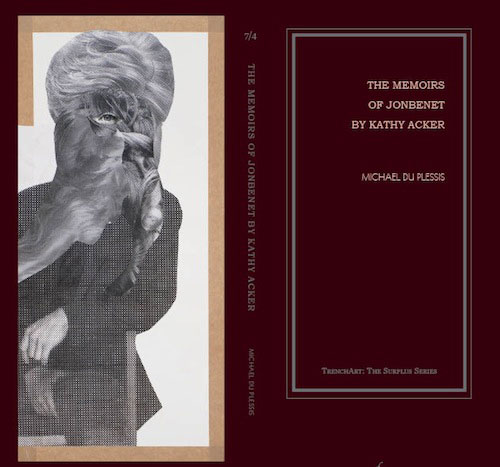Book Reviews | Tarpaulin Sky Magazine
TELLING YOU WHAT TO THINK SINCE 2003 | IMAGE: NOAH SATERSTROM

Book Reviews | Tarpaulin Sky Magazine
TELLING YOU WHAT TO THINK SINCE 2003 | IMAGE: NOAH SATERSTROM
Two Reviews of Kate Durbin’s Kept Women
By the end of Kept Women, Durbin successfully changes the viewing activity of reality-as-entertainment into an active reading of trauma, or post-trauma. Readers become increasingly self-aware as the speaker’s emotional detachment from the scenes feels tensely at odds with the negated inhabitants. The women’s physical bodies are acutely absent from the poems, as if the speaker is treating a fresh crime scene like a museum tour.
Gabe Durham’s Fun Camp reviewed by Joe Sacksteder
Its advice works if you’re interested in clawing your way into the lit journal world: 'Remember, you campers with less personality, it really is a numbers game – if you write enough notes, you’re gonna get a reply. Even telemarketers make a sale now and then.'
Lisa A. Flowers’ diatomhero: religious poems reviewed by Zack Kopp
"Gods and myths and works of art. And through it all a slack jawed, salivating artful rearrangement of half-unconscious social and mythological tropes, reflecting characters like Houdini, or Pinocchio, or Rorschach, in ancient Greece, or Los Angeles, or Egypt, offset by the smell of sex on johnnycakes. Characters like Jenny Greenteeth, the river hag of English nursery rhymes said to drag errant children to watery death, or Abyzou, birth-killing female demon and partner of Lilith, are briefly historied in the appendix provided by Ms. Flowers at the back of the book...."
Frank Montesonti’s Blight, Blight, Blight, Ray of Hope reviewed by Matthew Sadler
Matthew Sadler reviews Frank Montesonti's poetry collection and winner of the 2011 Barrow Street Poetry Prize, selected by DA Powell: "I want to say my heart yearns for the over-complicated days of my young self figuring out the world, that Montesonti has captured that zeitgeist, put it in a bottle of Drakkar Noir and sprayed it all over the abstract expressionist print silk shirts of my middle school dances. But the double edged sword of nostalgia is just a part of Blight, Blight, Blight, Ray of Hope . . .
Sarah Fox's The First Flag reviewed by Joseph Harrington
Sarah Fox’s second book is The First Flag, and it is one fierce standard to follow. The book dispenses a potent compound of divination, memoir, psychoanalytic insights, placental rites and resolute feminism. This list might evoke what Kathleen Fraser referred to in 1989 as “immediately accessible language of personal experience as a binding voice of women's strength,” a “poetry of content” resistant to “fragmentation and resistance” at the level of the sentence. While The First Flag is all about women’s strength, its style of writing is consistently inventive, innovative and imaginative. Yes, there is Voice in these poems, but it speaks paratactically and goes in unexpected directions; it out-foxes patriarchal syntax; it is as often bemused and reflexive as it is rhetorical or representational....
Michael Du Plessis’ The Memoirs of JonBenet by Kathy Acker
Because this book’s title so perfectly describes its contents, I’ll focus mainly on describing how fun it is. The Memoirs of JonBenet by Kathy Acker by Michael du Plessis delivers total delight: the book is utterly, enchantingly frivolous and plush with provocative ideas; it’s as perkily pretend as a JonBenet portrait and as exhilarating and unpindownable as anything Acker has written.
Two Reviews of Kate Durbin’s Kept Women
By the end of Kept Women, Durbin successfully changes the viewing activity of reality-as-entertainment into an active reading of trauma, or post-trauma. Readers become increasingly self-aware as the speaker’s emotional detachment from the scenes feels tensely at odds with the negated inhabitants. The women’s physical bodies are acutely absent from the poems, as if the speaker is treating a fresh crime scene like a museum tour.
Gabe Durham’s Fun Camp reviewed by Joe Sacksteder
Its advice works if you’re interested in clawing your way into the lit journal world: 'Remember, you campers with less personality, it really is a numbers game – if you write enough notes, you’re gonna get a reply. Even telemarketers make a sale now and then.'
Lisa A. Flowers’ diatomhero: religious poems reviewed by Zack Kopp
"Gods and myths and works of art. And through it all a slack jawed, salivating artful rearrangement of half-unconscious social and mythological tropes, reflecting characters like Houdini, or Pinocchio, or Rorschach, in ancient Greece, or Los Angeles, or Egypt, offset by the smell of sex on johnnycakes. Characters like Jenny Greenteeth, the river hag of English nursery rhymes said to drag errant children to watery death, or Abyzou, birth-killing female demon and partner of Lilith, are briefly historied in the appendix provided by Ms. Flowers at the back of the book...."
Frank Montesonti’s Blight, Blight, Blight, Ray of Hope reviewed by Matthew Sadler
Matthew Sadler reviews Frank Montesonti's poetry collection and winner of the 2011 Barrow Street Poetry Prize, selected by DA Powell: "I want to say my heart yearns for the over-complicated days of my young self figuring out the world, that Montesonti has captured that zeitgeist, put it in a bottle of Drakkar Noir and sprayed it all over the abstract expressionist print silk shirts of my middle school dances. But the double edged sword of nostalgia is just a part of Blight, Blight, Blight, Ray of Hope . . .
Sarah Fox's The First Flag reviewed by Joseph Harrington
Sarah Fox’s second book is The First Flag, and it is one fierce standard to follow. The book dispenses a potent compound of divination, memoir, psychoanalytic insights, placental rites and resolute feminism. This list might evoke what Kathleen Fraser referred to in 1989 as “immediately accessible language of personal experience as a binding voice of women's strength,” a “poetry of content” resistant to “fragmentation and resistance” at the level of the sentence. While The First Flag is all about women’s strength, its style of writing is consistently inventive, innovative and imaginative. Yes, there is Voice in these poems, but it speaks paratactically and goes in unexpected directions; it out-foxes patriarchal syntax; it is as often bemused and reflexive as it is rhetorical or representational....
Michael Du Plessis’ The Memoirs of JonBenet by Kathy Acker
Because this book’s title so perfectly describes its contents, I’ll focus mainly on describing how fun it is. The Memoirs of JonBenet by Kathy Acker by Michael du Plessis delivers total delight: the book is utterly, enchantingly frivolous and plush with provocative ideas; it’s as perkily pretend as a JonBenet portrait and as exhilarating and unpindownable as anything Acker has written.





